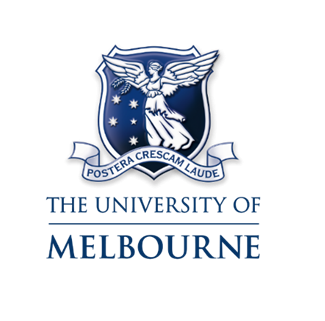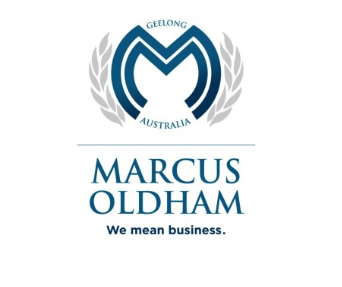By Mackenzie Coopman | October 2024
I am now counting down the weeks to the end of my Bachelor of Agricultural Sciences degree at The University of Adelaide. While most of my peers have decided to move into graduate jobs, I find myself looking to continue my education journey with an honour’s degree, to gain specialist knowledge in a specific field of the food and fibre industry.
Through several internship experiences, I have explored the discipline of international agricultural research for development. While this field is exciting and dynamic (not to mention the opportunities for international travel), to rise to higher positions, postgraduate qualifications are essential.
Because I don’t have firsthand experience in postgraduate studies, I set out to do some research in what an honours project might look like and asked some people currently doing postgraduate studies to see what they thought.
Kelly Will is currently completing her Honours in Animal Science at the University of Adelaide. Her project focusses on reducing methane emissions in beef cattle by introducing essential oils as feed supplements to alter the microbiome of the animal.
She was unsure of what to do after completing her undergraduate degree so decided to do further studies to enhance her knowledge and grow her network.
When asked about her favourite part of agriculture she told me that “There are so many things about agriculture that I love, but I think that what drew me to the industry is how connected it is, the opportunities to learn from others and how supported you feel. There are many different industries that my friends are a part of that don’t have all this investment into the students. The people in this industry really invest time and money into developing young people […]”
Aditya Baxi (Adi) just finished studying a Masters of Global Food and Agricultural Business. His master’s thesis project focused on evaluating market access for carbon neutral lamb and wool. Adi worked as a chef for many years prior to pursuing a master’s in primary industry. He found that a desire to understand the economics and policy considerations behind food lent naturally to further studies in some discipline within agriculture.
His favourite part of the food and fibre industry was the way the empathy and considerateness of the people in it. Although he was initially cautious of coming into agriculture without prior industry experience, he found that people valued the diverse perspective which he provided. “People value your diverse experience. I was a little scared coming into agriculture thinking (that) I don’t have […] experience but I think that I have the experience that a lot of people don’t, and that is something that this industry has made me more confident about. People have made me realise that the way I see things is something that is different and I should be confident about it.”
Finally, I spoke to Beth Loveys, the Associate Head of Learning and Teaching in the school of Agriculture Food and Wine at The University of Adelaide. Her own higher education journey started with a bachelors, honours and PhD but eventually led her to a teaching role. “I think further studies beyond your undergraduate degree are really valuable because they tell you a lot about yourself. They give you experiences that allow you to determine your journey. Going from school into an undergraduate degree is still very much […] recipe learning. […] Going and doing further studies […] just gives you an opportunity to explore things with more freedom.”
Through discussions with the people who I interact with at university I have discovered that, although postgraduate studies are often very specific in their topic, they are not specific to one job or even one field. The skills which you build along the way are much more important than the final product. For example, if I decide to do an honours project next year I will need to decide on a topic. To do this I first need to identify a problem which aligns with my interests and is big enough to take me a whole year to solve but not so complicated that I won’t be able to finish it. Then, I’ll need to break down the problem into smaller more manageable parts which I need to complete in my own timeframe. Throughout this process I’ll need to manage my time, workflow and outputs — all important skills in any job.
Find out more about the Ag Institute of Australia here: https://www.aginstitute.com.au/.





